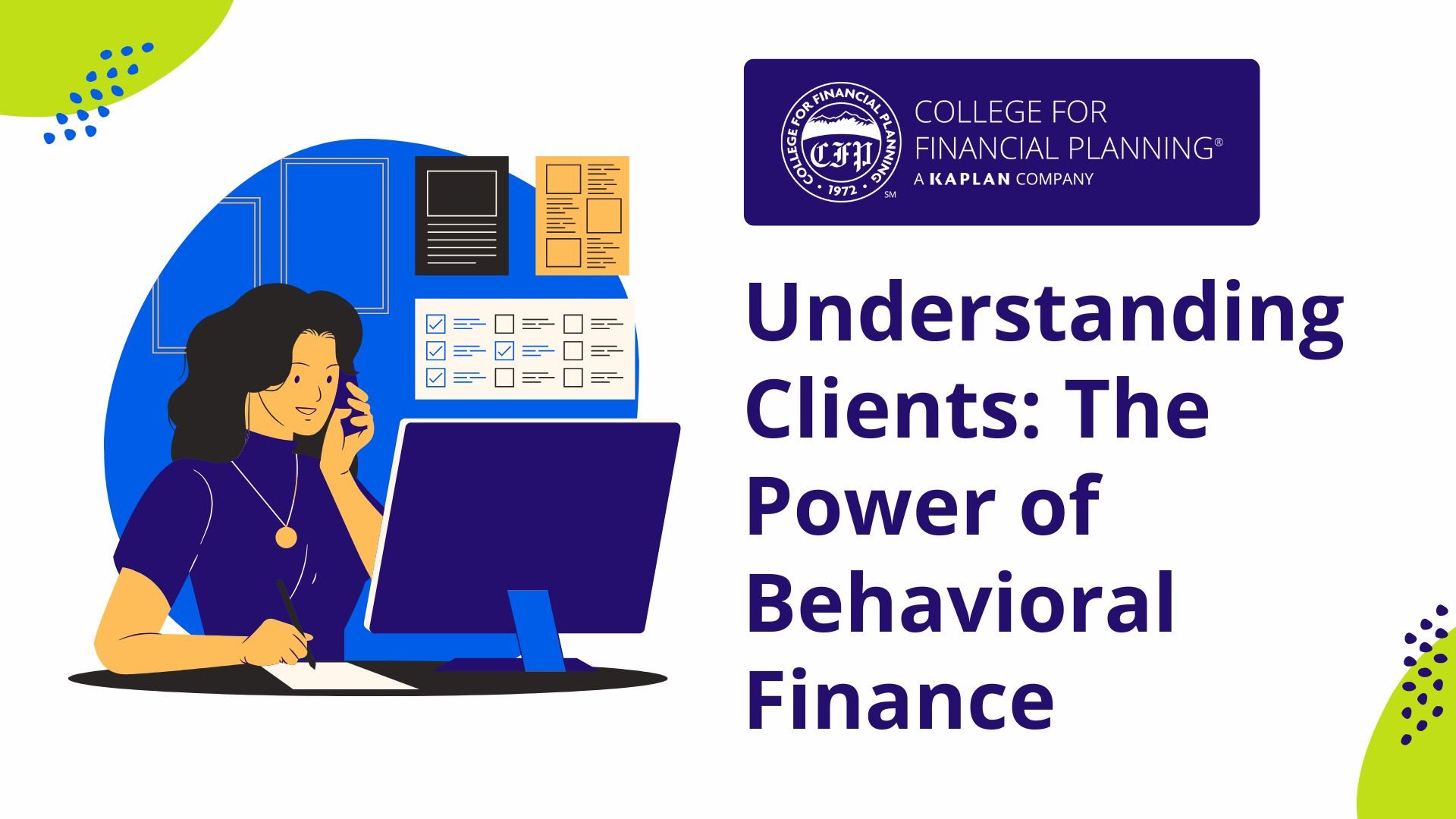Integrating Behavioral Finance into Graduate Education in Finance
Member
👤Behavioral finance should play an important role in graduate financial planning programs to prepare students for the realities of client interaction. Integrating behavioral finance better equips (future) advisors to recognize and manage the cognitive biases and emotional factors that often drive client decisions, such as overconfidence, loss aversion, and herding behavior.
These topics can be introduced through theoretical modules analyzing real-world case studies—such as clients panicking and liquidating investments during market downturns or chasing performance based on recent price movements.
Experiential learning is key to understanding behavioral aspects of financial planning. Programs should offer simulations, cases and role-playing exercises where students practice navigating client scenarios—like guiding a client through market volatility or discussing poor investment outcomes.
Blending classroom theory, practical exercises, and real-world engagement ensure graduates are not only technically proficient but also understand the behavioral and psychological dynamics foundational to sound financial advice. For instance, case studies may cover the impact of confirmation bias in financial news consumption, or the tendency for investors nearing retirement to become overly conservative, risking inadequate growth. Furthermore, in investment planning, students should analyze how anchoring bias can lead clients to hold onto poor-performing stocks or avoid rebalancing portfolios.
In summary, expanding behavioral finance education in graduate financial planning education develops deeper client empathy and practical advisory skills. An integrated approach to learning ensures graduates not only identify behavioral traps but also deliver effective financial guidance across specialties. Going forward, the integration of AI in graduate education in financial planning will be pivotal in addressing client-focused interactions with advanced scenario analysis.
